Confused notions of school choice | 9.25.14
Written by Chris Ball, CPS parent & RYH board member.
The Archdiocese of Chicago Catholic Schools is rallying parents around Chicago and Illinois today for “school choice.” A document on its website has the puzzling statement that “Parents should be given the ability to choose the education best suited to their child’s needs and desires.” Parents have long held the right to choose what they believe to be the best education for their children in Illinois and across the country. I attended both a public and a private elementary school and a Catholic high school. If school choice already exists, what then do those rallying today seek?
Money. The ability to choose the best education for one’s child obviously depends on the cost of the education and whether one can afford it. The school choice rally is calling for us, the public, to subsidize the private education of those who wish to go to private schools: “[F]unds typically expended by a school district would be allocated to a participating family in the form of a scholarship to pay partial or full tuition for their child’s private school.” How should we determine the amount that is “typically expended”?
The naive position is that education expenditure per pupil or some portion thereof should be the typical amount. But this makes no sense. A parent who withdraws his child from public school and sends them to private school has only reduced the marginal cost of public education. If a classroom had 30 students with the child, and 29 students without, the cost of the teacher’s employment, the maintenance of the building, and other costs of schooling remain the same. In fact, the withdrawal of the child would increase the cost of schooling per pupil because the state funding formula uses public schools enrollment to set state aid to CPS. For this year, it amounts to $1,087 per pupil.
A further problem with the school choice reasoning is the idea that funds per pupil should be credited to a student’s parents. What about someone who is childless or has kids younger than 5 or over 18? If parents who remove their children from public school are entitled to some credit, then it stands to reason that those who place no burden at all on the public education system also should be given a refund. They are no different than a parent who withdraws their child from school. Under such a scheme, the full cost of education, both public and private, would be borne exclusively by those with school-age children. This would amount to a per capita tax on each school-age child to fund education. This would be no different than paying full tuition to attend a school of one’s choice now.
Those in favor of school choice could argue that the public should fund education, be it public or private, because educating children benefits society at large. We could subsidize private education by providing low-interest or no-interest loans to private education institutions so they can lower tuition costs. There is no need to divert money from public schools to do this. If one is really in favor of school choice, new tax revenue to subsidize private education is a sensible policy. But I doubt we will see banners saying “Progressive taxation for private education!” or “Raise taxes, fund vouchers!” at today’s rally.
Even if public money were available for parents to pay the full cost of private schools, parents would still lack “the ability to choose the education best suited to their child’s needs and desires.” First, demand for private education exceeds the supply; this is why private schools can charge expensive tuition. Giving more money to parents will only inflate tuition costs. (The supply remains low because establishing a school is very expensive.) Second, unless private schools are compelled to accept all children who wish to attend, parent choice will be limited. Even for those with the means to pay for private education now, private schools choose the students they will accept. Parent’s ability to choose is limited not only by affordability but also by the autonomy of private institutions. Only if private schools were to lose autonomy over admissions would parents be able to choose the best-suited education for their children.
What is most disappointing, however, is the egoistic vision of civic exchange embraced by the school choice rally. Our country has supported public education not because it benefits only those who are educated but because our collective political and economic life is improved by it. Private education, both religious and non-sectarian, also has a proud tradition of promoting the same purposes. We cannot reconcile new, avaricious claims on the public purse with this tradition. The freedom to seek the best education for one’s own children must never be a call to impoverish other children's schooling.
